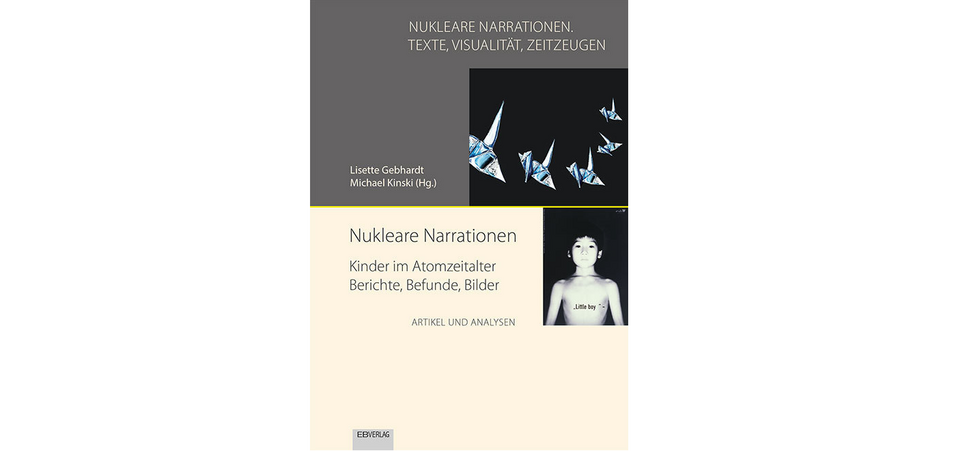Hein, Ina
2018 "'Saisho kara usodarake datta genpatsu‘: Der Anti-AKW-Comic Denjirenjâ vs. Daishizengâ'", Lisette Gebhardt und Michael Kinski (Hg.): Nukleare Narrationen. Kinder im Atomzeitalter: Berichte, Befunde, Bilder. Berlin: EB-Verlag.
Hein, Ina
2018 "'Saisho kara usodarake datta genpatsu‘: Der Anti-AKW-Comic Denjirenjâ vs. Daishizengâ'", Lisette Gebhardt und Michael Kinski (Hg.): Nukleare Narrationen. Kinder im Atomzeitalter: Berichte, Befunde, Bilder. Berlin: EB-Verlag.
